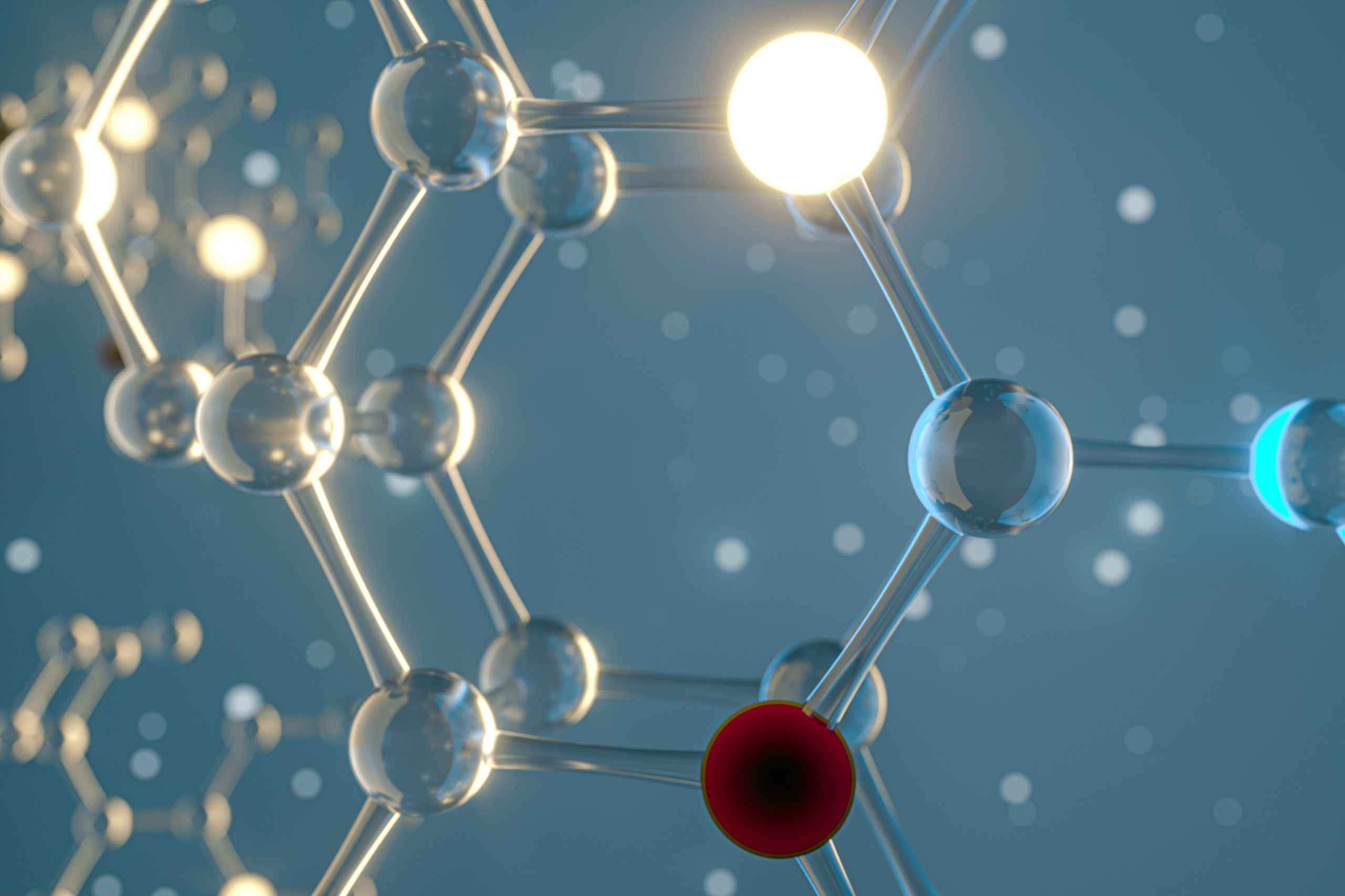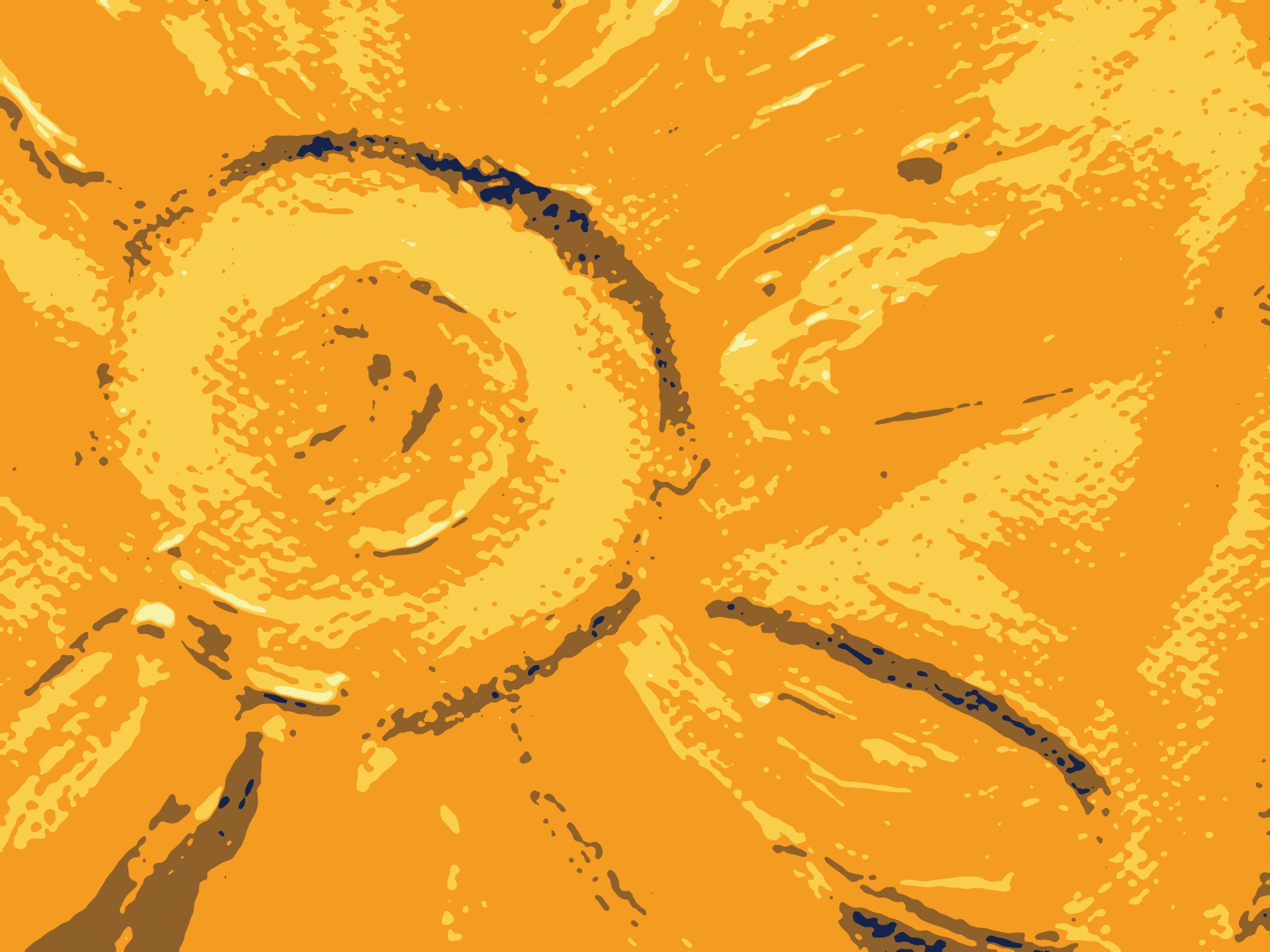-
A Universe Full of Milky Ways: Revelations by JWST

How old is our Galaxy, and when did Milky Way-like galaxies start to form? The answer to how we got here may be written in the cosmos, in galaxies that mirror our own and perhaps carry the same potential.
-
Illuminating Parkinson’s Disease with STORM Microscopy

The chemical messenger of a neuron, a neurotransmitter, is only 0.5-5 nanometers in size. They don’t look like much, but these miniscule molecules are responsible for a cascade of signals that lead to a neuron firing in the brain. However, visualizing such small structures is no easy feat.
-
Hacking Neural Networks: How Transcranial Magnetic Stimulation Improves Functional and Structural Dysconnectivity

Depression is an increasing health concern, affecting an estimated 280 million people worldwide. Fortunately, Transcranial Magnetic Stimulation (TMS), a non-invasive brain stimulation technique, offers hope for those diagnosed with treatment-resistant depression
-
Nanomaterials in Regenerative Dentistry

Your gums do not regenerate after gum disease—it is impossible. For people who don’t brush and floss two times a day, periodontitis (advanced gum disease) quickly forms. Without proper intervention, this disease can cause gum recession, tooth loss, and the destruction of the jawbone.
-
Rare Earth Nanoprobes in Revolutionizing Breast Cancer Surgery

Breast cancer is the world’s most common cancer, with over 300,000 new cases diagnosed yearly in the United States alone. However, due to non-optimal cancer visualization techniques during surgery, the invasive e-excision rates for breast cancer (the need for a second surgery) are around 20-30%.
-
Skeletal Editing: Chemistry’s Next Frontier

In the chemical sciences, there is an enduring fascination with the art of manipulating matter. Numerous visionary chemists have embarked on a mission to improve the way new molecules are designed with a groundbreaking approach known as skeletal editing.
-
The Search for Sustainable Biofuel

In an era where global challenges like climate change, economic instability, and public health crises transcend borders, international cooperation is paramount. However, cooperation on a smaller scale is as important in reaching our environmental goals. It is through these small changes that the general population is able to contribute to goals for a better environment.
-
Efflux Pumps: Current Targets in the fight against Antibiotic Resistance

Highly resistant to most antibiotics, intricately-structured Gram-negative bacteria (GNB), such as E. coli and K. pneumoniae are the cause of some of the world’s most rampant infections. These bacteria continuously develop powerful antibiotic resistance mechanisms, making common antibiotics increasingly ineffective.
-
Chronic Pain in a Cognitive Domain

Pain is an alarm system that rings at any indication of damaged tissue. Sometimes, however, there is no wound, and yet the alarm system still rings.
-
Life of the Happy Hormone

While dopamine is best known as the chemical responsible for the satisfying feeling from rewards like ice cream, it is also critical for the function of many parts of the brain, from mood to motion.
